With a lengthy, impressive resume in film and television, Armand Assante takes nothing for granted. Known for award-winning roles, such as 1996’s Gotti, Assante has kept his creative palette diverse with various brushstrokes in Drama, Comedy, and Historical period pieces. Portraying characters with depth and an exceptional level of intellect, it is always fascinating to watch Assante at work.
Spending a good deal of time on independent work in recent years, Assante has starred in several impressive films, including 2016’s The Red Maple Leaf, where he starred alongside James Caan, Robert Loggia, and Kris Kristofferson. Now, in 2024, he takes on the role of the disillusioned Little Italy resident turned hero in the film of the same title. An interesting look at cultural changes, Don Q arrives digitally for streaming on November 1, 2024, and is poised to find an audience. Proud of the work, Armand Assante took some time to chat about Don Q, his career in film, the state of humanity, plus more.
Cryptic Rock – You have been involved in film, television, acting, and entertainment for quite some time now. Before we dive into Don Q, how would you describe your journey in the arts?
Armand Assante – I spent ten years in the theater before I made a film. Within the first ten years of being in the film industry, I worked at the Sundance Institute with Robert Redford. I got the bug. I don’t know if it did my career any good, but I got the bug in the mechanisms of Independent film. I fell in love with it only because I think it’s a magical way to work without the enormous obligation and pressures of what a studio can bring.
I geared a lot of my work to Independent film all over, not just theater. I was lucky enough, maybe a few films in each decade, to be involved in studio films that had a certain visibility and viability. It subsidized my ability to do independent film. Strangely, I left LA way too early. I don’t know if I was interested in having a career that would be equivalent today to Marvel or some of these big enterprises.
I was always working as an actor. I kept working as an actor all over the world. I’ve often said I’ve lived a life of 10 men. I’ve had an amazing life and couldn’t make it up. I could certainly write a long book about it. I’ve had truly an amazing life because of film. I’ve made attempts at documentaries where I almost went broke.
It’s been a fascinating journey, and I’m still very involved in Independent film. I work with directors and writers from many places. I’ve been blessed.
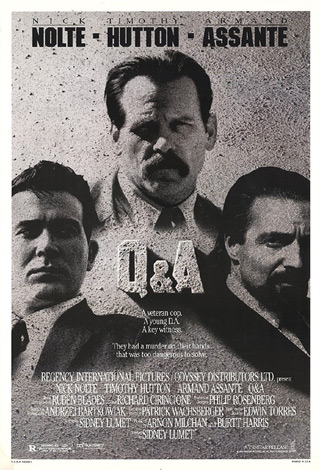
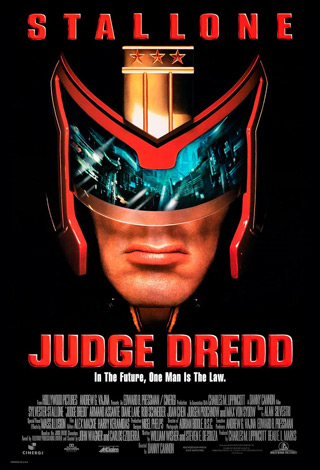
Cryptic Rock – Sounds very fascinating. You mentioned theater, and then your love for Independent film. Then you did studio projects, which, as you said, gave you visibility and the ability to work more in Independent film. How would you compare working in an Independent film versus a studio film? What is the difference for you?
Armand Assante – The process is the same. The storytelling process and, certainly, your acting process are no different, but the mechanisms are radically different. If I could sum it up, there is a level of intimacy that you achieve with your workers and colleagues in Independent film that you cannot quite get to unless you have an extraordinarily gifted and forceful director to wring people into work in a very intimate process. In independent films, it’s the normalcy.
In studio film, you hope that process will take foot. It doesn’t always happen that way because studio films tend to be like a large mechanism. You can feel the pressure of the amount of money they’re spending, the amount of technology going into it, the obligations they’re expecting from everybody. It’s a certain pressure that, for some actors, can become very nerve-wracking.
In independent film, you are much more, if you will, the locomotive of the story. Again, you have to develop a strong relationship with your director. Remember, you’re not financed the way you would be as a studio. You’re working on a much smaller level.
Don Q is a classic example of a microbudget. It was made for nothing. It was based on a lot of cooperation. My principal relationship was with Claudio (Bellante). He was trying to morph this story, which is out of Cervantes, really, and sustain it in the sense of a modern-day, whimsical, Dark Comedy about the strange character who’s basically not only off his medication but sustaining himself through his own self-delusions.
At the end of the film, I will say I was critically involved because I had to resolve the character in that, yes, he’s deluded, but at the same time, he has clocked everything that’s gone on in the neighborhood.
Although he’s off his medication, you finally realize in the confrontation he has with his sister that he’s known all along of her complicity in everything in his life and that the fact that she permitted these men to take his books and burn his books. He becomes a tragic karma figure because, in a sense, you took away the milestones of my awareness. You took away the milestones of my consciousness. You don’t know what happened to the neighborhood you grew up in and championed.
He saves this girl from human trafficking. In a sense, he’s a character who is almost this whimsical fool of a man. He’s a fool, but you realize he’s not that much of a fool. By the end of the film, you realize he’s a fool with the model of gravity.
In a sense, it’s not so dissimilar to Don Quixote. Here’s the double entendre with Don Q. Don Quixote was writing about the chivalric literature people were obsessed with in the 17th century. It was nonsensical. Knights charging into windmills. Knights have these incredible battles. Cervantes turned them into windmills.
Cervantes turned it on its head and said, “You people are obsessed with ideals that you have no conception of what you’re getting yourself into. This is war. This is not chasing windmills.” He basically created the character of Don Quixote, who invents this incredible romance about Dulcinea and saving her. Everything he gets into, in a way, is a complete delusion.
Why? Because the theme of what Cervantes is writing about is the same thing as Don Q. It’s about tremendous powerlessness. It’s about our incredible vulnerability. How do we cope with the corporate media? How do we cope with the political climate? How do we cope with these incredible polarities in the world that we’ve never seen?
We feel stultified, impotent by it, and completely as well as hopelessly powerless in the face of it. The best and brightest people in America have walked away from the positions they should be upholding because they don’t want to be nonsensically transgressed, undermined, and deceived by corporate media.
Subliminally, people liked Don Q because it delves into the vulnerabilities they’re feeling themselves. Yeah, the guy’s off his medication, and he’s somewhat diluted, but I retreat into my fantasies about the mob. I retreat into my fantasies about how I can resolve these problems. I do the same thing every day.
Why? Because I feel powerless. I feel empty in the face of this. How do I get things resolved? How do we resolve this societal decay that we are seeing before our very eyes? Ironically, we made Don Q right after COVID. The sense in the air was that it was the first time the restaurants started to reopen, people started to come outside, and stopped wearing the masks. Strangely, it was a feeling like, “What is going to happen next?” I think that America feels that every day right now. The upcoming election. It’s like, literally, what is going to happen in New York next? What is going to happen in Chicago next? In every city, there is this unease.
Every university campus is ablaze with real issues that have to be confronted. I suppose it’s a fantastic time—so was the end of the Vietnam War—but I’m saying that it’s a very vulnerable time we’re living in. I think that the film tries to subliminally subtext the movie.
It’s a film that was shot on a micro-budget. It’s definitely a small Independent film in this climate we are in right now. Also, it’s very ironic, but the entertainment industry is being eviscerated right now because there’s no confidence left in the economy, which does not help entertainment. My point is that I think Don Q was made just prior to what’s happening now.
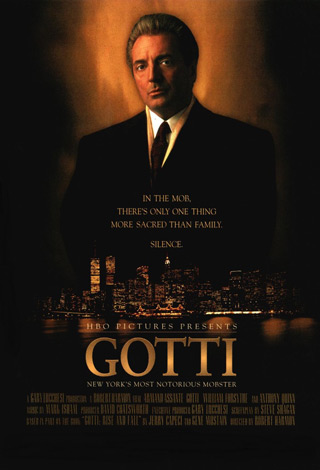
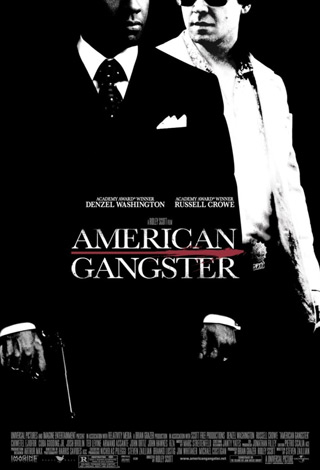
Cryptic Rock – Right. It’s very profound, everything you just said. It is felt in the film. You said complicit. Another word that would describe feelings is apathy. There’s a lot of apathy going on.
Armand Assante – Yeah. That’s what he feels in terms of what’s happening to his neighborhood: that no one is paying attention to what’s going on. He is glued to every activity in the neighborhood. He’s driving himself out of his mind as well. I think there’s also something that American audiences do subconsciously and unconsciously. He fantasizes, “Well, maybe I should become a mafioso. If I developed a code, I could develop a crew. If I had a crew, I could do this. I could get rid of that person.” He’s living in a very delusional world.
Strangely, people retreat into mini-series, series, and Crime documentaries. I mean retreat in a major way. They almost move into this a need for genre, a need to get things resolved. Unconsciously, they’re living vicariously through the characters they watch, whether it’s Tony Soprano or whoever you want to watch. People have a similar fascination with the mob genre and the Western genre. The same issues, right and wrong, biblical law, eye for an eye, tooth for tooth. It’s the same pattern.
Right now, I’ve never seen such a fascination. There is this need to fulfill the voracious appetite people have for cinema and all kinds of divergent means of entertainment. It’s almost exponential right now. Honestly, it’s because of the very thing I mentioned earlier. They don’t feel that they’re in control. They feel that things are spiraling out of control. So what do you do? You retreat into a world where there is some theme of control going on, something you could watch where issues are being resolved, where people do believe in right and wrong. People generally feel that it’s spiraling out of control.
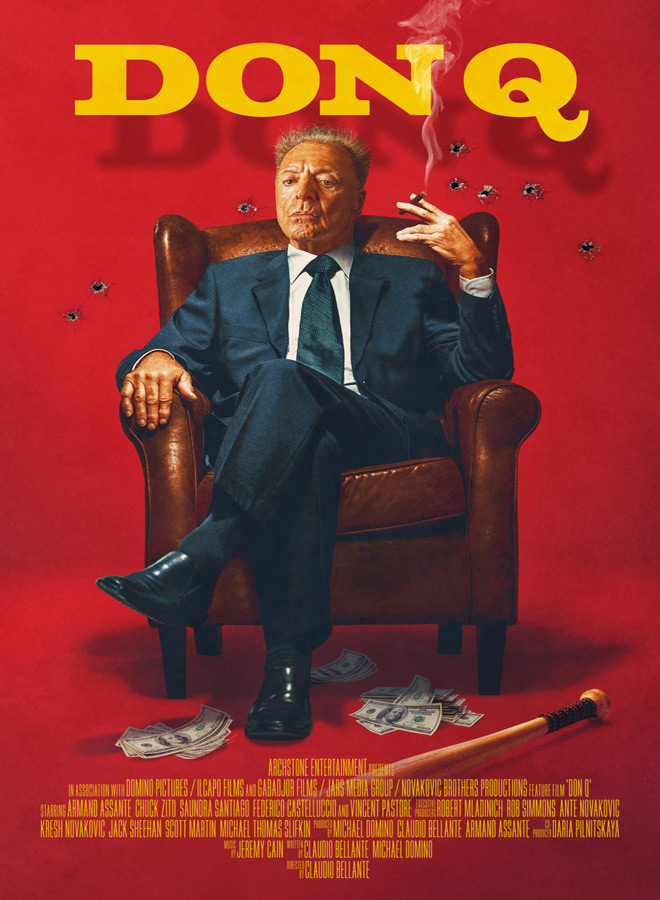

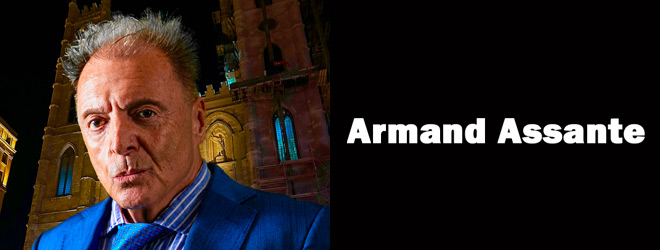




No comment